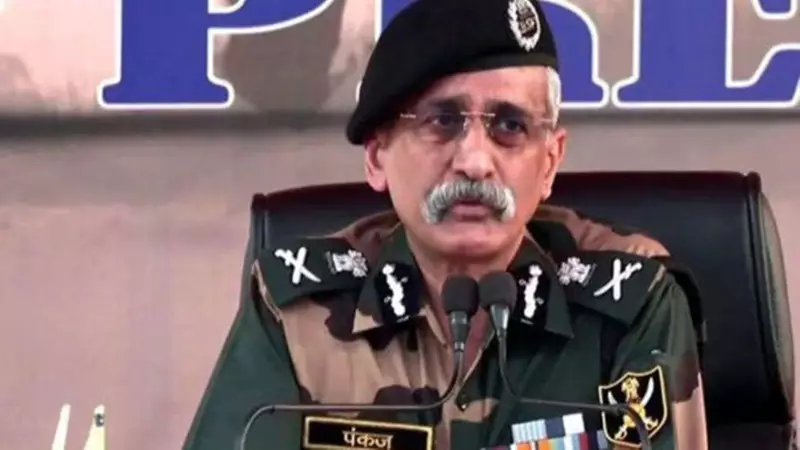
The political landscape of West Bengal has been set ablaze once again as the Centre's decision to appoint an interlocutor for the Gorkhaland issue has created a major flashpoint between Chief Minister Mamata Banerjee and the Bharatiya Janata Party.
What Sparked the Fresh Controversy?
The Union Ministry of Home Affairs recently appointed former Indian Police Service officer Amar Dev Singh as the new interlocutor to engage with various stakeholders regarding the long-pending Gorkhaland demand. This move has been perceived as the BJP's attempt to re-engage with the sensitive issue that has defined Darjeeling's politics for decades.
Mamata's Fierce Opposition
Chief Minister Mamata Banerjee didn't mince words in her reaction, launching a scathing attack on the BJP-led central government. She accused the party of playing with fire and attempting to divide West Bengal for political gains. "They are trying to create disturbance in the hills just for votes," Banerjee stated during a recent public address.
The TMC government has consistently maintained that the Gorkhaland issue is a state matter and any discussion should happen through the established Gorkhaland Territorial Administration (GTA), the semi-autonomous council that governs the hill areas.
BJP's Strategic Move
Political analysts see this as a calculated move by the BJP to regain its foothold in the Darjeeling hills, where the party has seen its influence wane in recent years. The appointment comes at a crucial time when:
- The BJP's traditional support base in the hills has shown signs of fragmentation
- Several hill leaders have switched allegiance to the TMC
- The GTA elections are looming on the political horizon
Historical Context of the Gorkhaland Movement
The demand for a separate Gorkhaland state has been a persistent feature of Darjeeling's political narrative since the 1980s. The movement has witnessed periods of intense agitation, violence, and political negotiations. The region has seen multiple agreements and administrative arrangements, but the core demand for statehood remains unresolved.
What This Means for West Bengal Politics
This development has several significant implications:
- Renewed Political Polarization: The issue is likely to deepen the existing political divide between TMC and BJP in the state
- Hill-Plains Dynamics: It could potentially strain the relationship between the hills and plains of West Bengal
- Electoral Consequences: The timing suggests both parties are positioning themselves for upcoming electoral battles
The appointment has clearly opened a new front in the ongoing political war between Mamata Banerjee and the BJP, setting the stage for another intense chapter in West Bengal's turbulent politics.





